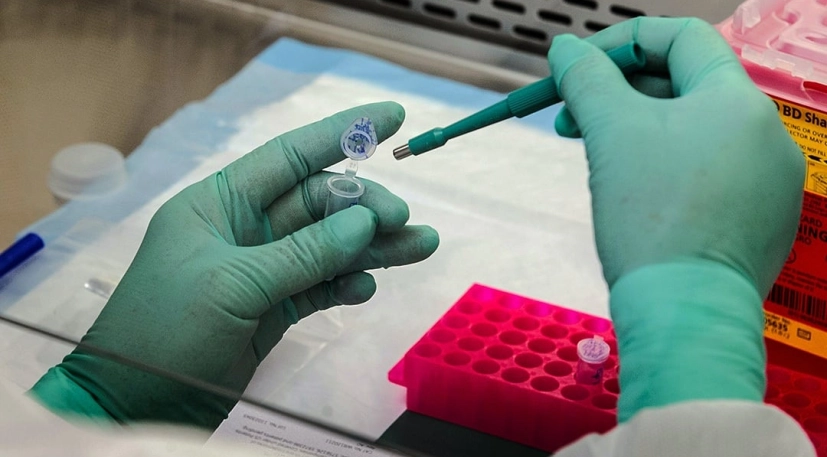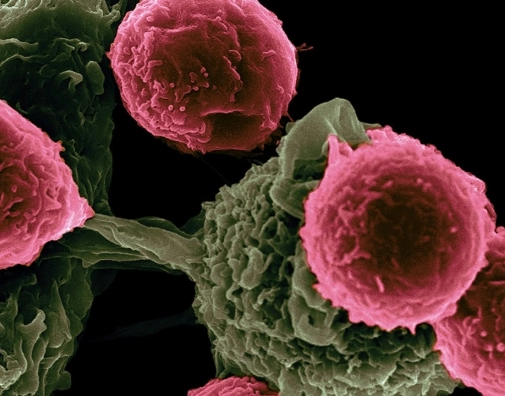
The Future of DNA Testing: Recent Advances and Emerging Technologies

With the development of emerging technologies, DNA testing has made significant progress in recent years. DNA testing focuses on helping people understand their unique genetic makeup. It uses advanced techniques to examine genetic material, identify genetic variations that could cause diseases, and find the influence of genetics on multiple aspects of life. Genetic advancements will make genetic testing more accessible to a wide range of clinicians, general pediatricians, and pediatric specialists.
This article explores the recent advances and emerging technologies that will shape the future of DNA testing.
The Evolution of DNA Testing
Advances in DNA testing techniques have opened up the fields of personalized medicine, disease prevention, and pharmacogenomics. In the past, DNA testing could rarely provide results quickly. However, the increasing availability and speed of genetic testing are changing this, which means that genetic information significantly influences patient care decisions.
Moreover, treatment options for genetic disorders are also evolving, which has new implications for genetic conditions that were previously untreated. Scientists and geneticists continue to work on methods to better understand our genetic makeup, which will allow for advances in the detection, prevention, and treatment of many diseases.
Genetic Sequencing
Genetic sequencing refers to determining the sequence of nucleotides in DNA molecules. This is a game changer in clinical genetics as it helps physicians detect gene mutations associated with various diseases.
The development of advanced sequencing technologies has made genetic sequencing faster and more accurate. Genetic sequencing has enabled the identification of disease-causing genes, improved diagnostic accuracy, and provided new prospects for drug development.
Personalized Medicine
This is a significant evolution of genetic testing in healthcare. With DNA testing, doctors can customize treatment plans and provide personalized medicine based on a patient's unique genetic makeup, unlike the one-size-fits-all approach. This advancement allows for more successful treatments with fewer side effects.
Disease Prevention
DNA testing provides crucial information about our genes. With this information, doctors can implement timely preventive measures to reduce the risk of developing certain conditions. A key component of disease prevention is the early detection of genetic predispositions.
Emerging Technologies in DNA Testing
In addition to the above advancements in DNA testing, here are the emerging technologies that will shape the future of genetic testing.
Single Cell Sequencing
This is a new technology that identifies the genetic material of individual cells. The single-cell sequencing technique enables medical researchers to determine variations between cells. This helps reveal fresh insights into the course of the disease, processes involved in the development, and targeted treatments.
Single-cell sequencing is useful in studying cancer, where multiple cells within a tumor can have different mutations. This technique allows researchers to discover these mutations.
Artificial Intelligence (AI) Integration
AI is transforming many fields, including DNA testing and genetics. As the amount of genetic data keeps growing, AI is playing a vital role in data interpretation. AI algorithms in genetic testing can quickly analyze large quantities of genetic data and predict disease risks, which leads to precise diagnoses, personalized treatment plans, and more accurate DNA testing results.
Liquid Biopsies
The arrival of liquid biopsies in DNA testing caused an abrupt shift in the field of diagnosis. This test analyzes genetic material in physical fluids such as blood or urine. Liquid biopsies are used to track disease progression or identify cancer recurrence. They are less invasive tests that can detect genetic mutations linked to cancer.
CRISPR-Cas9
CRISPR-Cas9 is a unique gene-editing technology that enables medical researchers and geneticists to make precise changes to DNA sequences. This technique has been used to treat infectious diseases and genetic conditions such as beta-thalassemia and sickle cell anemia. Moreover, this revolutionary technology is expected to play a crucial role in medical genetics in the future.
The Ethical Considerations of DNA Testing and Research
With the rapid progress of DNA testing capabilities, there is a rise in ethical concerns that must be addressed. Protecting genetic information, ensuring data privacy, and obtaining informed consent are crucial ethical aspects to consider.
Genetic information is sensitive and personal. DNA testing companies and healthcare professionals need to follow the ethics of genetic testing. Most importantly, individuals should be aware of the consequences of sharing their genetic information and must know how to protect their DNA in this digital world.
You can learn more on this by referring to this article: Protecting Your DNA in the Digital Age.
The Bottom Line
The future of DNA testing is very promising. Recent developments in this field can discover the mysteries of our genetic code, provide personalized medicine, identify disease-causing genes, and enhance disease prevention. Emerging technologies such as AI integration, single-cell sequencing, liquid biopsies, and CRISPR-Cas9 have the potential to shape the future of genetics further and lead to more accurate diagnoses, personalized treatments, and enhanced disease prevention techniques. With the evolution and popularity of these technologies, the future of DNA testing looks bright.
In this digital age, I want my privacy to be protected.
Adnà's Input
The human genome allows for enormous potential in genetic testing. One of the main challenges of this rapidly evolving field of home testing is ensuring clarity and transparency at every step. Adnà's objective is to provide you with clear, reliable and accurate information: we believe there is real preventive value to be gained through understanding our health.
Other Journal: News
VIEW MORE


